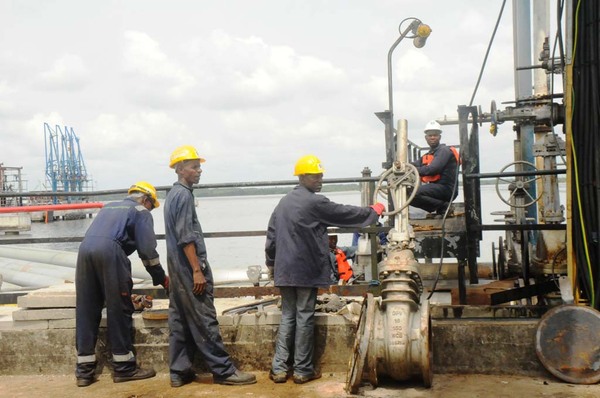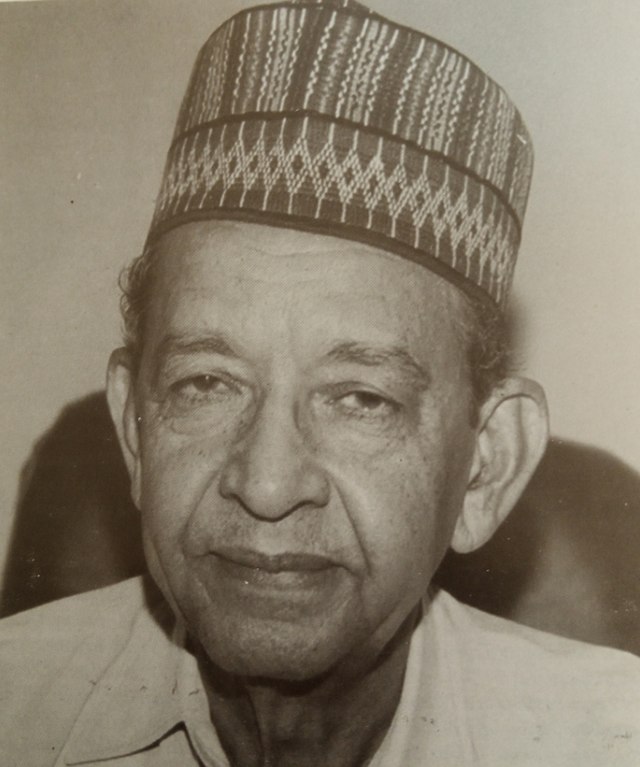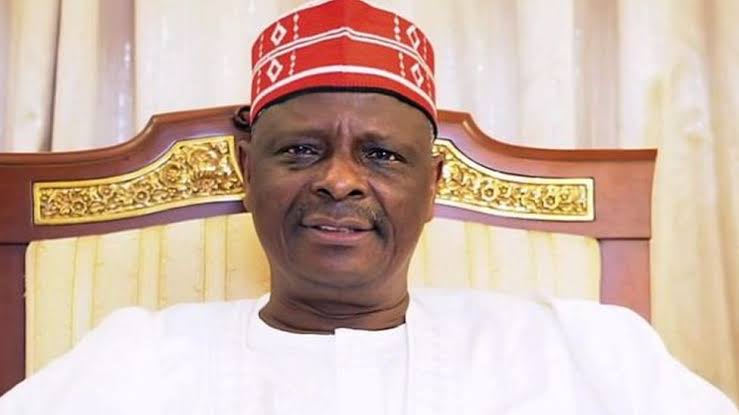Why Nigeria’s crude oil should be priced in Naira, by financial expert

BY SAIFULLAH MAHMUD, JUNE 14, 2022 | 04:35 PM
In the face of the weakening Naira, Okechukwu Unegbu, a finance expert has suggested that Nigeria’s major revenue resource, crude oil, be priced in Naira rather than the dollar.
This, he said, would strengthen the Naira and make it more valuable.
“I have argued this in the past, but the authorities did not listen, they ought to have been pricing our crude oil in Naira, he said on Monday in Abuja.
“Any country that wants to buy Nigeria’s crude oil should exchange its currency for the Naira, that way, the Naira would be sought after, and its value will improve,’’ he said.
Mr Unegbu also suggested that government should consider the idea of exporting Nigeria’s manpower to generate foreign exchange.
“If we export our skilled manpower, it will improve diaspora remittances to the country and government should ensure that such remittances come through the banking system.
“That will go a long way to strengthen the Naira,’’ he argued.
Mr Unegbu argued also that the Naira was grossly undervalued because most Nigerians now prefer to keep their monies in hard currencies.
“In Nigeria, for instance, one can still get a decent meal for N500, but one dollar cannot get you anything in America, yet one dollar is exchanging for about N600.
“This shows that the Naira is grossly undervalued,’’ he said.
Many stakeholders in the Nigerian economic and financial sectors have also expressed concerns about the continuous depreciation of the Naira.
The stakeholders complained that in spite of efforts by the Central Bank of Nigeria, CBN, to stabilise and strengthen the Naira, it continues to diminish in value against other currencies.
The Naira, which had an official exchange rate of N197 to a dollar in 201, presently exchanges at N415 to a dollar at the official CBN rate.
The alternative market exchange rate is above N500 to the dollar.
According to Dr Tope Fasua, an economist, the Federal Government should take concrete steps to boost productivity, with strong local content to firm up the Naira.
“Your currency is only as strong as the productivity that underlies it, and this is talking about the knowledge quotient of the goods and service that a country produces.
“If a country does not have a lot of local content going into the products it exports, then the currency of that country will have issues with stability.
“We cannot afford to float the Naira fully because we have no strong backing,’’ he said.
He argued that those pushing Nigeria into the direction of floating the naira had sinister aims.
“A lot of them have taken positions against the country,’’ he said.
In his contribution, Laoye Jaiyeola, Chief Executive Officer of the Nigeria Economic Summit Group, advised government to encourage consumption of locally-manufactured goods and services to reduce pressure on the Naira.
“The reason we all care about the value of the Naira to the dollar is that we need to import.
“If we can access good medical facilities at home, good education, and we do not import petrol, we will not care about the value of the dollar.
“If we produce what we consume and consume what we produce, the value of the Naira will stabilise,’’ he said.
Since 2015, the Federal Government has been taking steps to ease pressure on the Naira by restricting importation.
The CBN also disqualified importers of 41 products, mostly luxury, consumer or intermediate products from getting foreign exchange directly from the bank.
CBN Governor, Godwin Emefiele, had insisted that the objective of the policy was to tackle import dependency and to diversify the nation’s economy.
According to him, the intervention will help to resuscitate local manufacturing and change the structure of the economy.
The apex bank also initiated a policy restricting foreign exchange transactions to commercial banks, while excluding Bureau de Change.
There was also the Naira4dollar incentive to encourage diaspora remittances as well as the “Race to N200 billion dollars in Foreign Exchange repatriation’’ (RT200).
The RT200 was designed to help to improve export receipts and boost the country’s foreign exchange earnings.
In 2021, the CBN devalued the Naira by seven per cent against the dollar in a bid to migrate toward a single exchange rate system.
It replaced the fixed rate of N379 to a dollar used for official transactions with the Investors and Exporters (I&E) exchange rate of N410.25 per dollar.
NAN reports that in spite of these policies and initiatives, the Naira continues to depreciate.
NAN
Appeal for support
Conflict Reporting is dangerous and risky. Our reporters constantly face life-threatening challenges, sometimes surviving ambushes, kidnap attempts and attacks by the whiskers as they travel and go into communities to get authentic and firsthand information. But we dare it every day, nonetheless, in order to keep you informed of the true situation of the victims, the trends in the conflicts and ultimately help in peace building processes. But these come at huge cost to us. We are therefore appealing to you to help our cause by donating to us through any of the following means. You can also donate working tools, which are even more primary to our work. We thank you sincerely as you help our cause.
Alternatively, you can also email us on
info@yen.ng or message us
via +234 803 931 7767
Related






